|
I want this blog to be a place to share my ideas on the world, publishing, art, writing, literature, history, Chicanismo, Nativismo, half-breedery, laser guns and zombies, all the bright things of the world rather than as with the blogs of many others that attempt to claw at your eyes with their branding and self-aggrandizing announcements of publications and awards or mouth-gaped following of the workshop advice to write on how to write a book, though as with most of them, they haven't written one or published one. (Drop this sad sack in the latter). Well that day, that blog, isn't here yet! I got a story published! Always make inquiries kidsEditors are overworked and busy. (Don't I know.) Stories fall between the cracks. A couple weeks ago I sat in my Captain Kirk chair in the living room/office/plague bunker of my life, watching multiple shows and reading websites like Elvis did televisions and I saw the Unity acceptances were being sent out. I assumed my story was rejected and asked if they could send me comments. I mean, I've heard all the comments on the story, not given half a chance since it's second person and some box wine drinking wannabe snob high school teacher told everyone that second person is weird, a crutch, gimmicky. And unfortunately most people need to be told something is good by someone else, so that kinda killed most of the chance for this story to be published. Most comments I've heard start with, "First off second person..." rather than seeing it was used pretty much for the same reason the only second person novel people know used it (Bright Lights Big City), to show dissonance of self. Unity replied the story, indeed fell through the cracks and sent me this lil' announcement image. So thanks to Unity editors for giving "Moms" a shot.
I wrote "Moms" a long time ago. At the time I was working on a flash novel Black Button, to get my feet wet in the genre. Second person gave an idea of the dissonance of self and an expression of alienation. I thought about the elements of the novel, the usual workshop bs of knowing everything about your character (Nabokov has a great saying about how characters were just means to an end, they don't take over as most with sensitive artistic sensibilities say). My character, You, in Black Button already had mutations, was ripped to shreds, stopped time, and had a literal mystery box that seemed it was part of a jet or spacecraft or an arcade cabinet. A bit of a weird cat, You. I was about to head to grad school, but was deep in the woods of Washington State in a creepy ranger station to help my girlfriend at the time set up meteorological stations in the woods. I thought of presenting the flash novel to a class and what the usual platitudes one hears about writing. "What is their favorite food?" "What drives this character?" "Who were their parents?" My experience with workshops, school, college, etc. was for white professors to encourage me to include their east coast notion of the barrio STREET into my stories for their elucidation and entertainment. Add in my own opinions about the Latinx minstrel show many authors put on in their work to make it in the mainstream publishing world and this all caused me to think, "Yo, this story is about his moms!" Thus, You solves the arcade mystery box and finds it leads to his parentage, not his mother, but his many moms. It's not been well received. The reason I share that, this, yes, this story, has been one the favorite thing I've written. It's succinct. Experimental. Goes to the Chicano experience though I didn't know it when I wrote it. Expresses alienation and confusion this special sausage has dealt with his entire life. A little darkly ridiculous and fun. And (almost) impossible to publish for said reasons. This isn't a blog post about endurance, because it takes a ridiculous amount of effort, fees, and spirit crushing perseverance to just to get a few stories published, the ones you believe in and don't find embarrassing juenvelia or means to write other stories. The line from "Speedway" by Morrissey about nothing left to break anymore comes to mind. What it really takes to keep going, to satisfy some of my former STREET loving professors a bit, is love of the game. Even if it destroys you.
0 Comments
I have four stories in it, "Beacon", "Bad Sun", "Old Folks", and "Her Number". I might describe them as speculative flash fiction dark folktales. I'm including a couple of them in the collection I'm working on called Mexpocalyptic Tales, hopefully done baking this year.
The Dreamers book has been a long time coming, I sent in the last edits when I was camping at Chaco Canyon years ago, running around trying to get a data connection and not getting one until we had driven well outside the park, fences, houses, nonexistent and nothing but desert. I've mentioned a bit on social media that the idea for "Old Folks" came from my dad who asked me to write it a bit before he passed. The original version I was going to show him was much like what is published. The night before I was going to give him the printed off story, he told me, "Buddy I'm sorry I took you to the Hill when you were a boy. I imagine you heard lots of racism." The Hill was a den of inequity where my extended family had a liquor store, now a bunch of yuppie apartments. I told dad, yeah, I learned what a wetback was and that it applied to people like me when I was three years old. He said sorry again, and looked away. Inside, I was like it took you that long to realize? Our relatives at the Hill said the nword around customers, treated Mexicans workers like slaves, made racist jokes. Said I must get lots of sun. Dad had seen mom's relatives in LA and New Mexico, many Spanglish speaking and brown. His own father told him not to marry her, to stay in his race. To me the apology was nice, but a bit useless, and I don't mean that in an ungrateful way. His white father of a brown person tactic was to tell us we were Heinz 57, mixed, a more palatable word for Anglos to call us. Not the double colonized to not knowing themselves Mission Indians we came from, aka Mexicans, the dirty word. The racism around us growing up was very forward, and little was done to protect me from it, though my own parents were confused and class climbing and tried to erase what they were to fit in places that wouldn't have us, rednecks, Mexicans or Indians. I literally wasn't allowed in 80 to 90 percent in my friends houses as a kid, a statement that caused a bunch of white fragility and accusations on Facebook. After the conversation, I thought dad felt bad, a little awkward. I know the police never put a gun to his head for no reason, that teachers might have answered his raised hand, that admins, clerks, the world didn't sneer at him or purposefully misinform and huskily demand of him if he spoke English or when did he come to this country. Things he often didn't believe when I told him. So I cleared up the story for dad. Took out the overt predatory Anglo exploitation. Made it just about the old and the young. Added in some allusions to a classic short story about a doctor and eternal youth that I can't remember now (thanks TV pandemic wasteland). Years later, when the nice editors sent me the edits, I remembered how I wrote the story in the first place. Now, a young Chicano boy visits the old folks and gets called amigo before being lead to his dark fate. If you made it this far, check Speculative Fiction for Dreamers out or ask your local bookstore to order. I asked, wondering if my local carried it, they said no. I went back, bam, they had it. Little questions are powerful. Honorary mentionLike the pic shows, my story "Wake Up Gringo" won honorary mention at The Ghost Story 2021 Contest. LINKI wrote this story in a collection I had planned then nixed involving two characters, The Kid and El Viejo, living in a rural house surrounded by a howling, screeching border as they try to live out a mundane life that mutates and causes them to question the veracity of their existence, that is, are they real folks or trapped in someone's weird narrative which they didn't choose. Such is life for a half-breed quasi-vato in the USA. I may complete it at some point, but for now, this story is a part of Mexpocalyptic Tales, a slipstream and speculative collection anticipating and reveling in the Mexpocalypse, the nuclear blast of Xicano formation and ascendancy. A collection closer and closer to launching.
I wrote "Wake Up Gringo" years ago, as often happens with a story's inception to actual publication. Most writers back in the day would say they wrote it in a lazy day and did no editing and it got published that afternoon. I respected Julio Cortázar who would say he wrote a draft 20 years ago and then rewrote it for years. I recall wanting this story to give the same sense of an early Chicano collection from the 70s where work was rawish, pithy but searching and new. It's great to win honorary mention, this is the first time I've placed in a contest and the winner was an Indigenous person. Now to get some books published... The year has gotten away from me or rather grew so large, weird and terrible I got away from it. My next post, months ago was going to be on the history of Zorro since I researched Zorro as his fanboy is the villain in my novel. Then a post on mental health and writing a fantastic memoir (fantastic as in with fableistic or fantasy elements). Well the plague hit. And Somos en escrito hit. The press has had project after project, at least behind the scenes. A book called Postcards from a PostMexican, an upcoming fantasy book from Rudy Ch. Garcia, now R. Ch. Garcia, a nonfiction Latina(o/x) anthology and a few unmentioned projects and the magazine in general. Also I'm a member of MeXicanos2070 trying to help out with the Colegio Chicano del Pueblo in my limited capacity. Added to the stress, my cat is dying. The Zorro post is also put off by the publication of a book I'm working through, Zorro's Shadow, so I may recall some of the facts (and I'm very curious to the author's conclusions). He himself is describing the journey of discovering of learning of the past and Zorro. I'm liking it so far, the author is no villain. I'm even taken in by Zorro's Victorian style adventuring, though not his pro-colonial depictions. The lockdown has come with red skies, protests, masses of unmasked idiots in parks, and my pavo loco friend getting put into the clink. I'm already a shut in recluse, my job in the city got axed, I have little reason to go outside and see the crowded yuppie joggers and knuckleheads at the lake, it won't be the young dying, but spreading death... But this is a magic update! Magic, which is sorely needed by everyone, especially me. The isolation, what passes for reality pushed through doomy media, the too much TV, the worry, the what the hell am I doing, and the few friends and too many dead relatives that age brings have crunched down to form a shell and a hollowness inside. Well, the mopey hollowness I've always had is now vacuumed and pressure sealed. Give me some magic, some glasses that can see beyond the screen for a moment. Just going to the corner, seeing the old Grand Lake movie sign and the lake feels like a festival, the magic of the suspension of the isolation norm. Unfortunately, a festival of death with the plague and the careless as I said, but human contact, stretching of limbs and even heading to the city for a horrid work space is sorely missed. "People watching" as someone had commented to me. I, the introvert avoider, miss people. And magic. And some magic people put my story "How I Drove the New Mexican Deathcart" in a Magic Realism anthology. Unity, Volume 1: A Magical Realism Anthology. (How is that for a segue?) Despite appearances, I wouldn't say I go out of the way to write Magic Realism. I try to explain something, discover something in metaphor. Here I wanted to reconnect to a tale and an image I had seen as a kid and later in college in a book...Santa Muerte, or in New Mexico Santa Sebastiana who drives the New Mexican death cart. I get night terrors, particularly so in my 20s and I've always been afraid of heights, which boils down to fear of the end and poor eyesight. Santa Sebastiana, who I connect with poetically, is a vehicle to help me confront the fear. Along with some other post-colonial trying to exist in the land as brown person aspects. You might even say dealing with gringo death vs. Xicano death. Be a magic person and check out the book and tell folks how much you like lil' Scotty's story. Next time...Zorro, once more. Thoughts on Joaquin Murrieta, his history and having carried him in life and fictionMy novel is finished and looking to make a landing in the world. I have thoughts on finishing, writing, the emotional cost of looking at the social waves that flushed up and made me, and the publishing world and how that world is for a cis hetro man of color, especially one of mixed Euro and Native descent. But that’s for later. Much of the research into the history of the southwest and how it is received, how it is meant to be viewed and how one is meant to view oneself in relations to it, I found to be tawdry and incredible, that is, hardly to be believed. Manifest Destiny, the Black Legend, the erasure, the White Man’s burden of Romanticism all meet greed and the tourist’s slack jawed pointing when it comes to history. So I mixed "recorded farce" of the conqueror, voice of the conquered, and ridiculousness and low pop culture to better view the material in proper terms. That is, I made up a lot. But I did research and much of what I researched and the questions that had for what is real, how it relates to identity and morality made it into the novel. I’m going to share the background on some characters pretty central to what I wrote. Ramona (of course) the fictional woman created by a white woman who studied native and "Spanish" California for two months before writing a story to advocate for us (robbing the breath from our mouths and creating a fantasy around us). This is a trend still active today, I had to turn down reading someone’s “Ramona 2: The White Girl in a Headdress." I place myself as a mixed breed, a coconut, I do not understand why others think it’s okay to continue the practice of robbing Native people’s stories and attempt to define them. Not to mention the recent book that shall not be mention, Americano Dirto. Then there is Zorro, whom everyone claims to be based on one of seven dudes. He’s a gringo geek in my book, a kind of expression of my own gringo geeky fanboy self and distance from my subverted cultures. And an expression on how outsiders control the narrative, how from how they feel a dearth in their own society, they infantilize and make a collector’s hobby of others. I’ll go into how Zorro’s government name, his daylight name, secret identity, was perhaps based upon my ancestor. And finally Joaquin, bless his zombie soul. I studied him quite a bit and traveled with him all these years. The metaphor for my Xicanoness, our zombified and embattled and tattered history and identity. Our trickster inheritance. In the book, I carry his head until..well read it. Joaquin has been one of the biggest folk heroes for Chicanos and perhaps not the best fitting one. It is fitting, however I start with him as one of the first bits I wrote were on Joaquin (Check out a chapter over at Label Me Latina/o HERE). Joaquin is fiction. The end. Chu still here, vata/o/xs? So a guy named Joaquin did exist during the Gold Rush (Genocide Rush really) and soon after became a bandit. In fact, a bunch of Mexicans named Joaquin were running around California robbing and killing. One thing you gotta know about Joaquin. They don’t know shit about him. Well, they do, but no one listens. If you don’t know, Texas Rangers were war criminals against Native people and in the Mexican American War. LA was the murder capital of the US in the 1850s. Because of the many bandits robbing people of their gold, their food, their money, their blood and life, some judge decided to invite some Texas Rangers, namely a guy named Harry Love, to bring justice to the land, that is, to gringos. Because we must remember during this time you could kill a native person and get five whole dollars for their head. You could also enslave, I mean hire a native person (many en masse declared their Mexicanness so they could try to confuse the laws) since they were jailed for vagrancy after being forcibly removed from their villages and homes. As Americans killed, robbed Native people and Californios for their land, they killed and robbed all Mexican Americans and Latina/o/xs (a problematic word, but I'll leave it) for their gold mining operations and claims. Justice for the American Californian government meant going after those Latina/o/x and desperate, the desperados, who had nothing left to lose enough to join in the robbing and killing. Joaquin Murrieta was one of these guys. There were wanted posters, but no one really differentiated him from the other guys. I’m pretty sure he was random Mexican Joaquin they said to get. Or just a Joaquin they caught. They made a big reward for catching Joaquin. The very next thing you know, the Texas Ranger shows up with his head in a jar of whiskey and the hand of his buddy in another jar of whiskey. The infamous (for a short time, out of a lot of infamous dudes) dude was dead! Did I mention the judge was friends with the Texas Ranger? Did I mention a white man could kill who he wanted? That no Black, Native, nor Mexican could testify against him in court? And though these Mexican American gangstas weren't revolutionary, the Americans were definitely an occupying force and they enforced their new power and law (calling it law misleads as it seems as if it were just; remember the law allowed you to hunt human beings who's only crime was living someplace someone white wanted). The story of Joaquin has a lot to do with a self hating half breed. Not me. A reporter. A half white, half Cherokee named John Rollin Ridge or Yellow Bird who was meant to be the boy done good lawyer for the Cherokee Nation (you know the Cherokees, the one everyone thinks their grandmother was and thus makes them more native than I am). Instead, he was involved in vengeance murders in the Cherokee Civil War. He fled west like many people and landed in the biggest city in California in the Genocide Rush, a city teeming with gringos of every stripe and sellouts of many creeds: San Francisco. And Yellow Bird swallowed the cold in the summer San Francisco Kool-aid. He thought all these people needed a unifying story, you know a story in this "new" city plastered over a town occupied since 1776 over a land occupied for thousands of years. He thought of Robin Hood. He thought of the story of Joaquin and his death. He created Joaquin Murrieta in a book called The Life and Adventures of Joaquín Murieta: The Celebrated California Bandit . But before that, Joaquin was a real dude and I’ll tell a bit what’s known. He wasn’t Californio as people say, but a Sonoran. Sonorans were the first in the Gold Rush to show up, they didn't come far as Sonora is close and they knew how to mine. They became targets for angry gringos who did not know how to mine and didn’t like seeing a brown man doing well. No one knows why Joaquin became a bandit. His girlfriend had a look at his head in the jar as many people did (more on that later) and said it wasn’t him. Drawings of Joaquin’s wanted poster (really based off the book) make him seem native or mixed blood. Drawings of the head in the jar look like a mixed blooded Mexican, but this can be deceiving. The dude was dead. His nephew became a bandit, Procopio. Fair skinned red haired dude who used his uncle's fame and rode with the better choice for a folk hero, Tiburcio Vasquez (who almost sneaked into my book). 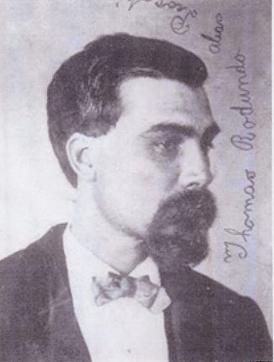 (A Spanishy looking dude. Heck I don’t look like all my uncles though. I used to help my Uncle Billybob in Texas with his house inspecting and all the realtors would look at me and ask, does he speak English? My uncle would say that is my nephew, Scott. The look on their face was sure, right, boy toy or Mexican slave or both). Many northern Mexicans are of more Spanish descent (not the frontier like CA, Tejas, or NM). It could be Joaquin was a light skinned vato, not a stereotypical mestizo or Native flavor. It might not be him in that jar, the Ranger probably just killed someone random for the money. Some think Joaquin returned to Sonora and lived his life, but no one knows. They have festivals for him in CA and he is the town saint of his hometown in Sonora. They praise him as a Chilean (gringos fucked up Chileans good just like they did Sonorans). Chileans got a hold of the book and liked it enough to inspire Pablo Neruda to write a play on Joaquin called Fulgor y Muerte de Joaquín Murieta. Back to SF. The half breed Yellow Bird was a reporter and later the first editor in chief for the Sacramento paper. From reading The Life and Adventures of Joaquin Murrieta, it’s pretty clear the dude had PTSD from killing his papi’s killers. He was not writing for Chileans, Sonorans, Californios, Native Americans on the run from beheaders, or Mexicans. He was writing for gringos. And he was mad at his fellow Cherokee. Native people don’t come out too well in his book, the first Native American novel, and he even indulged in the names Anglos used for the "lesser" natives here out west “dirt grubbers.” He wrote a story about a man out for vengeance against gringos for the rape and murder of his wife and…I can hear y’all. “Whoah there bro, I know you are a super woke snowflake, but it sounds to me like he was advocating against all the bad things going on, I know best, I’m full blooded.” Nope, you don't person with brother-sister parents! Know the story of King Arthur? The story of Jesus? Both stories of suppressed people rising against a populace who ultimately take the story for themselves. Arthur was Welsh, as English as a non English, English battling thing striding the land (gracias a la Víbora Negra). Jesus was from a Jewish community the Romans did wrong to and oppressed. Similarly with Mexican Americans and the story of Joaquin in his book. That is, no one gave a damn and came to the story like the stories before for the action and the blood. If the people are submitted and you have robbed everything, the land, the tacos, the places names, you can even rob their stories of resistance, an ultimate display of power. So it caught on. And so there it was, the story of Joaquin, nothing but fiction but the name, the fact he was a bandit and he was of Mexican descent and in California. Quick, what did Joaquin real or fictional say in opposition of the US occupation? What did he say about the injustices of the Gold Rush? Yup, not really a real dude or real resistance minded man. Not woke, bruh. Back to the head. The head went on tour. See the celebrated bandit, two bits! It went on display in a fair in San Francisco, becoming a trophy of the defeat of Mexican California, and some kind of proof that the book on Joaquin that started it all was real. "The Mexican Robin Hood!" Who knows what poor guy got pickled and displayed for decades for Anglos on dates to be grossed out before finding dark corners or for children to run up to and touch before running away. There is a Joaquin PBS documentary by some New Yorker who investigated the white guy up in Northern California who claimed to have bought the head, which was saved from the rubble of the San Francisco earthquake. The documentary ain’t out yet (I met the documentarian, he did a good one called The Longoria Affair about a civil rights fight to allow vets to be buried in white cemeteries). It’s spurious, but not unheard of that someone took the head from the rubble, though many accounts said it was destroyed with everything else. Remember there were many people of Native descent beheaded at this time and this may be a case for a stand in for the stand in for Joaquin's head. Years after the destroyed sideshow and the book, Joaquin shows up now and then to be a villain in a TV show or western novel. They say his story inspired Zorro, which would be fiction derived from fiction, but whatever, they say many dudes were the basis. Often fiction comes from slivers of this and that and bam presto. Then we get to the Chicano Movement. Did you remember Joaquin was a real dude (and a not real dude)? The real dude had a family. A family who was proud he had such a big story. Somehow this fictional story based on one buckwildin’ little known gangsta got confounded with history, especially since the story which started it was got written and published way back in the 1850s in the far off city of San Francisco. Some relatives of Joaquin told people in the movement of Joaquin. Remember, Mexican Americans don’t get much visibility in fiction, media, movies, government, school, CEOs, etc. "Hey I know that vato! That’s that old book they based Zorro off!!" And so we all became Joaquin with the poem “Yo Soy Joaquin.” And I carry his zombie head in a jar as he whispers the mysteries of who I am and what I was born into.
Tune in next time for some discussion on my thoughts on Zorro and Ramona, both built off the Romantic tourist dream of Spanish California. Cabo before Cabo, a place of ease and magic you can drive to, remember to bring your sunscreen and leave the damn kids! Posted on August 18, 2019 by scottrussellduncan The editors at Solstice Magazine selected my non-fiction piece “Mexican American Psycho is in Your Dreams” as first place. Thanks to the judge Alex Marzano-Lesnevich and to the editors, especially Richard Hoffman for his kind words. (In case any of you have forgotten the movie, check the clip). I mention Richard Ramirez, Night Stalker in the essay. My cousin Vicki recently reminded me she and a friend actually saw the Night Stalker the day before he got captured (or rather, a group of gente beat his ass as he tried to get away on a bus after being recognized again). I remember either my mother or aunt speaking with my grandmother talking about Vicki. Was my cousin hit by a car or something? Was she dying? Should I have been nicer? No, Vicki saw the killer. What killer? The killer, the Night Stalker. She’s upset, don’t ask her about it, cabron. Why not? He’s escary.
I was 9 years old so I might have asked why not a few more times. Of course I asked Vicki and don’t remember what exactly what she said. I pestered her a bit (I was her little cousin after all). That summer, and especially when she was telling me what he looked like, I expected a guy carrying a machete to ooze over the fence and be ready to hack us up like Jason from Friday the 13th. Do you think he knows where you live? I don’t know. I tried to remember when me and my sister were heading back to Texas. Maybe if Vicki stayed with us, she’d be okay. Or would the Night Stalker would run all the way there to find her? What if the Night Stalker did come around? Would my grandfather with muscles from welding have beat him up and locked him up in a shed? Would anyone call the cops? I could imagine the neighborhood coming around poking him with sharp sticks or wanting light the shed on fire with him in it. Or would we tie him up for a one way trip to the desert, the repository for forgetfulness, the underworld and recreation area for the minds of many Angelinos? Would an entire train of cars follow out to see a monster suffer some fairy tale justice (making us all a bit monstrous ourselves)? Monsters make the imagination go. We could have easily been one of the ones and I’m glad we slipped away, were missed, looked over, survived. Check out the Solstice issue and subscribe: Summer 2019 And read lil’ Scotty’s essay: Mexican American Psycho is in Your Dreams and as long as your listening, check out Somos en escrito Literary Magazine. We had recently updated our site and it looks great. The editor is Armando Rendon, author of Chicano Manifesto and Noldo and his Magic Scooter, a dual langue YA series. Jenny Irizary, a poet, novelist and friend is the assistant editor. We are building up some aspects so subscribe and stay tuned. www.somosenescrito.com |
AuthorScott Russell Duncan Archives
October 2021
Categories |
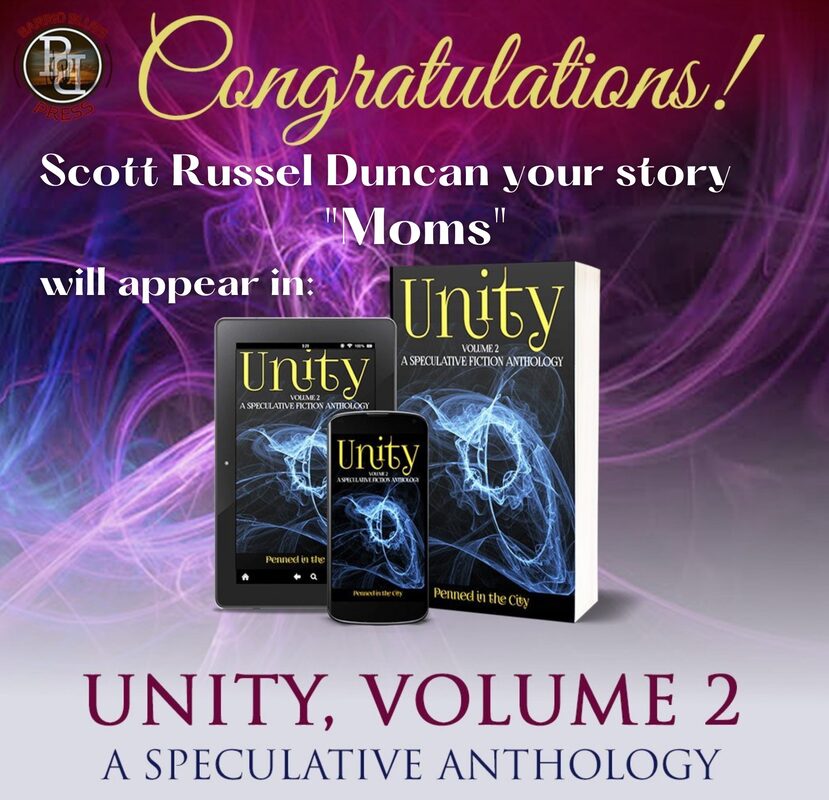
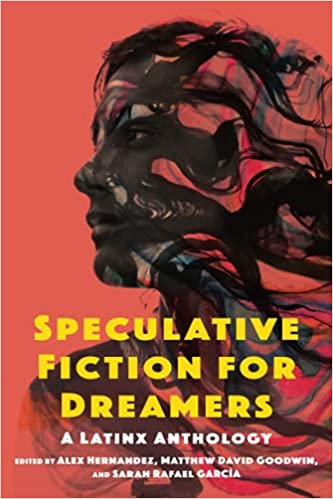
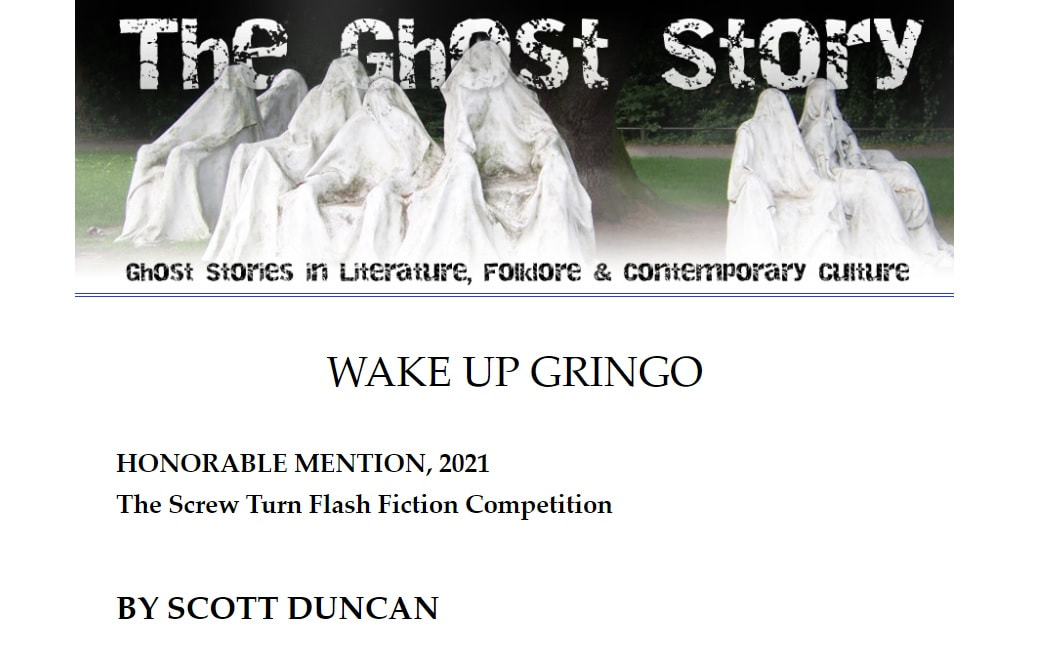
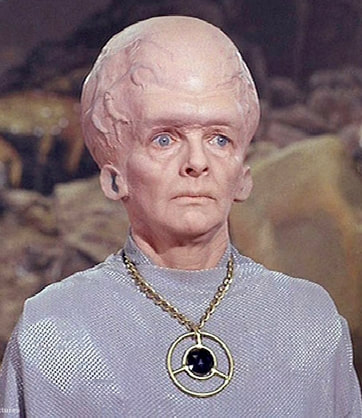

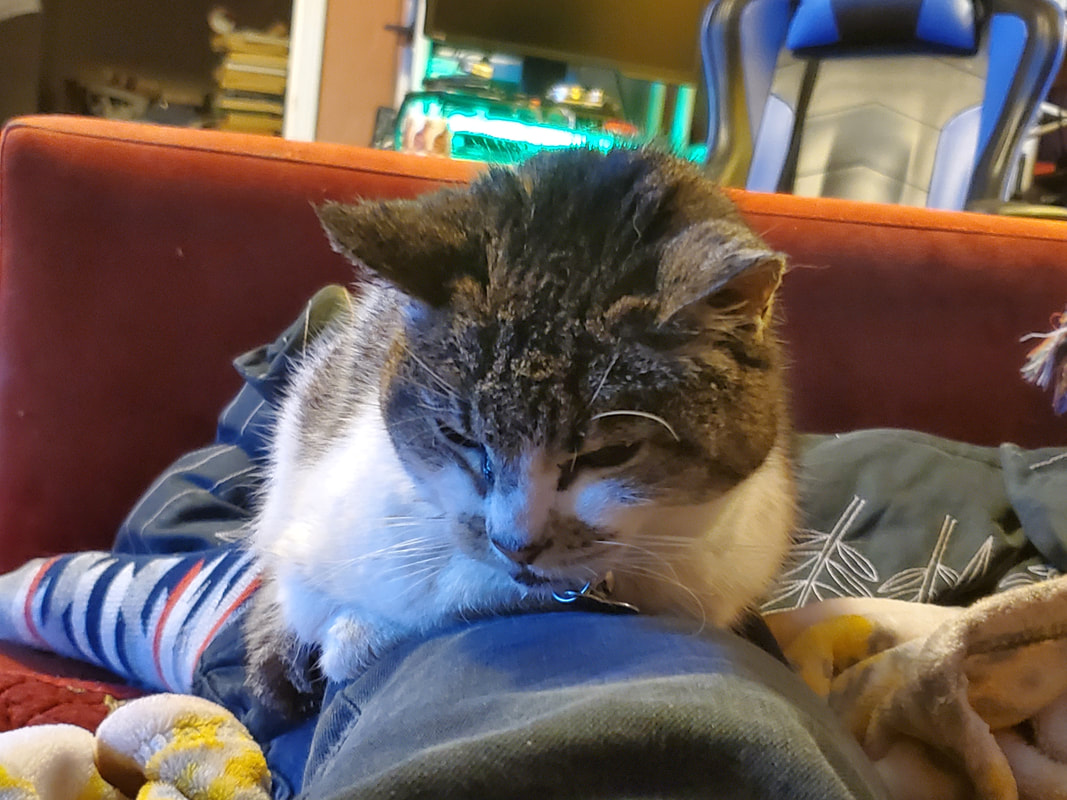
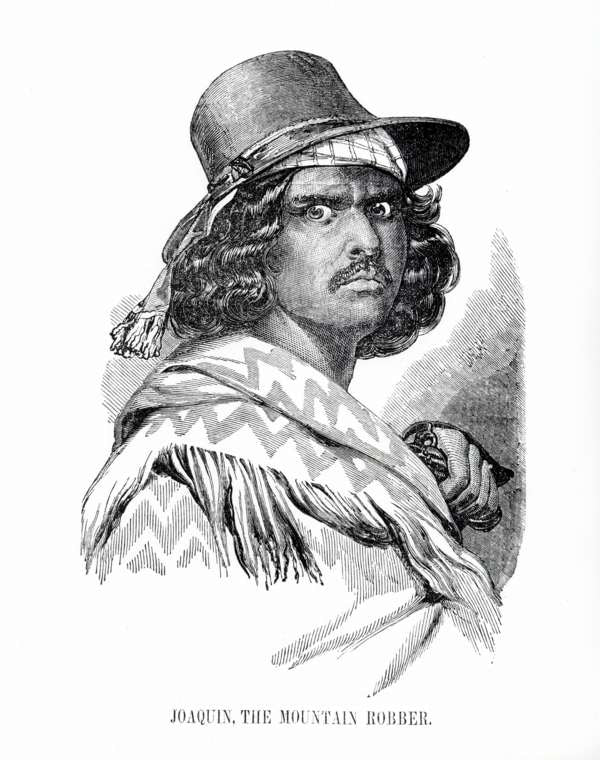
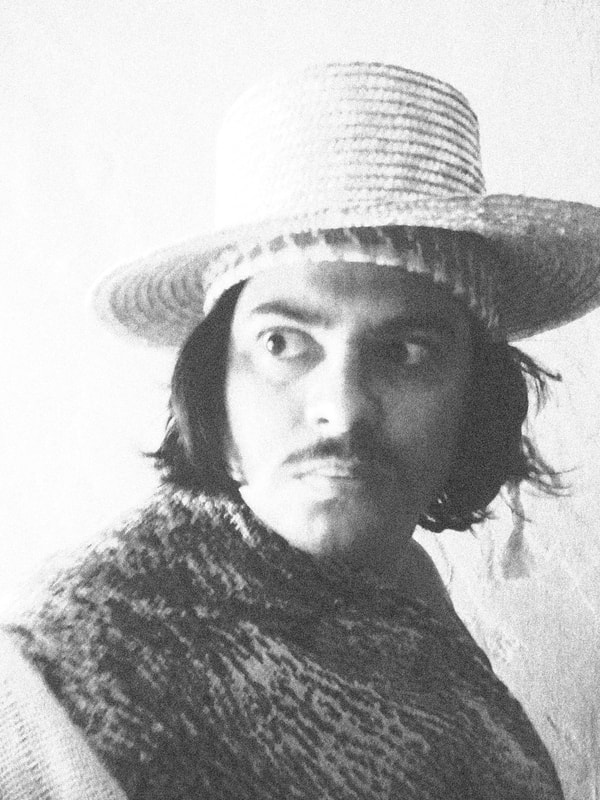
 RSS Feed
RSS Feed